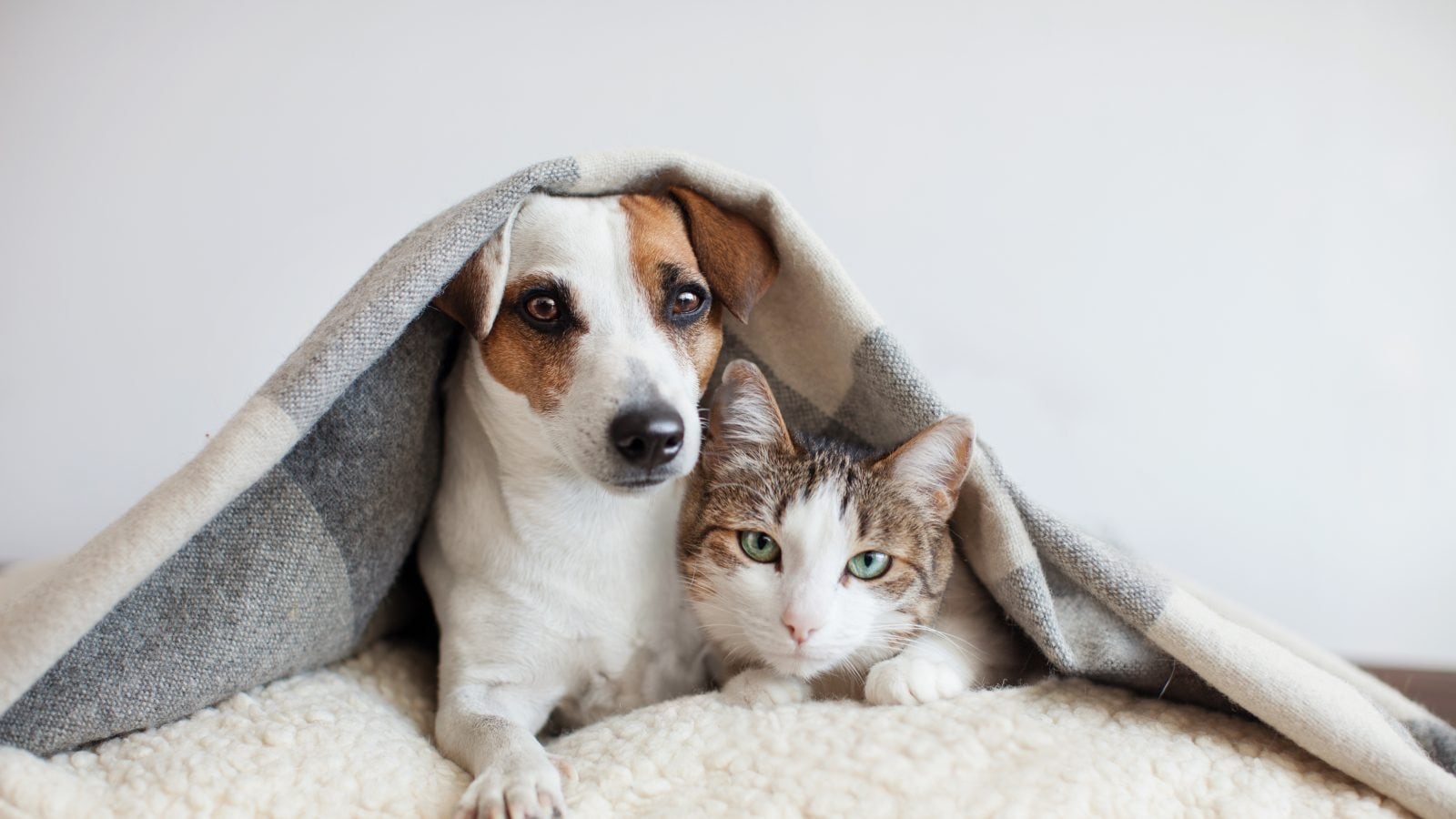Winter Pet Care Guide For Your Furry Friends
Humans are usually confused about how to prepare their pets for the winters. Do your furry canines need a jacket? Can our cute feline venture out? Making pets comfortable through the winters needs careful planning. As winter approaches, pet parents should ensure they’ve checked all the boxes for their beloved furry babies. Devanshi Shah, Founder and CEO, Petkonnect shares ways to prepare your pet to stay warm as the cold sets in.
- Know the breed: While many short haired animals greatly benefit from coats or warm clothing, there are many animals that don’t need such support. Considering a large population of Huskies, Golden Retrievers, St. Bernards, Chow Chow’s and similar long-haired animals in India, coats in the winter are not required and could potentially lead to skin irritation.
- Keep them cladded: Unlike stray and wild animals, pets that grow up in homes sometimes, when not exposed to outdoor conditions, do not develop a tolerance for them. Especially if your pet is thin coated, make it wear something warm, more so if it is shivering. If you are putting a sweater or muffler on a dog or other animals, monitor them because sometimes dogs or smaller animals don’t like them, and they chew them up. Ingesting wool could be dangerous for the animal. Especially for puppies, who have less body mass for heat generation, often would benefit from a doggy sweater when headed outside.
Also Read: Sexual Health Educator, Seema Anand Says Not Just The Western World But Indians Too Misunderstand The Kama Sutra | Exclusive
- Keep the beds dry: The cold floor of your apartment is terrible for your pets to sleep on. A cozy little bed with a blanket and pillow can keep them warm during cold winter nights. Keep the beds dry, as in winter things take longer to dry up which can cause skin infections among other problems. If your dog stays outside, make them a warm shelter.
- Keep them dry: When bathing your pet in the winter, it is very important to dry them off well post their bath. A wet and cold coat of fur can lead to skin infections as well as the animal falling severely unwell. Using a good household hair drier on a medium setting does the trick.
- More food and exercise: Pets in general tend to eat more in the winter. This increase in appetite should be complemented with an increase in exercise. Now that our pets are potentially eating substantially more, there is a high probability of weight gain which can lead to obesity. Obesity in animals can lead to many issues such as cancer, diabetes, heart disease, bladder stones and must be avoided. The upside is that you don’t have to worry about your pet getting a heat stroke from the summer sun, and so they can take much longer walks and have longer play sessions outdoor.
- Shield the paws: Keep track of pets’ paws during winter. In cold conditions, paws are prone to cracking due to dryness and even bleeding in some severe cases. It’s important to keep paws well moisturized to avoid such ill-effects as they can lead to serious pain making it difficult for pets to walk. Add a little fat to the diet so the coat remains moist in the winter. Consider purchasing a snout balm and a paw balm.
- Keep away cold water or food: This is an important practice. Only give room temperature water and warm food to your pets. Coldwater and food during the harsh winter can make them fall sick and catch a cold.
- Take notice of the weather outside: Avoid taking your dog out at times when it is very cold, rainy or smoggy. In places where the pavement could be very cold, don’t walk your dog on that directly, because some dogs have sensitive paw pads.
- Be careful using heaters: Direct rod heaters tend to get very hot and if your pet doesn’t know better, they could seriously harm themselves trying to lick or smell the heater. Ensure animals do not have access to the heaters. Also, it is recommended to use oil-based heaters, that’re less hot to the touch, and would cause less damage.
- Be alert and aware: If the pet is shivering, whining seems weak or starts looking for warm places to burrow, you should get them back inside quickly because they are showing signs of hypothermia. In case you are suspecting that to be the case, consult a veterinarian as soon as possible.
Read all the Latest Lifestyle News here
For all the latest lifestyle News Click Here

